Why Choose Foodsure for Seasoning Recipe Formulation?
Foodsure is a leading seasoning formulation company in India, offering innovative, market-ready, and clean-label spice blends for food brands. Our custom seasoning formulation services are trusted by snack companies, RTE meal manufacturers, instant mix producers, and QSR brands across India.
Our Focus Areas
- Snack Seasoning Formulation – Extruded snacks, popcorn, chips, nachos
- Instant Mix & Masala Formulation – Indian masalas, fusion blends
- Functional Seasoning Blend – Low-sodium, sugar-free, vegan spice mixes
- RTE Seasoning Formulation – For ready-to-eat and ready-to-cook foods
- Clean Label Seasoning Development – Natural ingredients with no synthetic enhancers
Our Formulation Process
At Foodsure, flavor isn’t guessed—it’s engineered. We use:
- Taste layering: base, mid-palate, finish
- Ingredient compatibility for oil-based, baked, fried, or extruded formats
- Micro-batch trials and sensory mapping
- Functional targets: high umami, low sodium, clean label compliance
Understanding Seasoning Science
Seasoning formulation blends culinary art with food science. Resources like the ScienceDirect guide on seasoning offer deep insights into how flavor compounds interact, ensuring balanced and impactful taste.
Industries We Serve
Our seasoning recipe formulation services are designed for:
- Snack Brands
- Ready-to-Eat / Ready-to-Cook Brands
- Instant Mix & Masala Producers
- Export-Oriented Food Units
- Cloud Kitchens & QSRs seeking signature spice blends
Start Your Seasoning Project Today
Ready to launch a winning flavor? Foodsure is your partner in seasoning recipe formulation that delivers results in taste, shelf life, and consumer appeal.
Excellent
4.8 based on 131+ reviews
Review Average: 4.8/5
Meet the experts seasoning recipe formulation company in India. In the world of food, flavor is everything, and seasoning is where that magic happens. Whether you’re creating a snack, ready-to-eat meal, instant mix, or a new-age health product, the right blend of spices, herbs, and enhancers can turn a good product into an unforgettable one. That’s where Foodsure steps in.
We are innovators in food recipe formulation. We mix spices with innovation, we create flavor identities. With 10+ years of expertise and 4500+ successful formulations, Foodsure is your go-to partner for seasoning recipe formulation that hits the tastebuds and wins the market. Connect with us now.
Flavors Architecture In Seasoning Formulation
Great flavor is not a coincidence—it’s carefully crafted within creativity. We are Foodsure, We start every recipe formulation by working on your target taste profile, application format, and ingredient philosophy. Our formulation process considers:
- Taste layering: base notes, mid-palate, and finish.
- Ingredient compatibility with your product matrix (oil-based, baked, extruded, or fried)
- Clean label alternatives to synthetic flavor enhancers
- Functional requirements: low sodium, sugar-free, high umami, etc. We don’t rely on guesswork.
Why Seasoning Recipe Formulation Matters
A great seasoning blend can:
- Set your product apart on the crowded shelf.
- Create brand loyalty with signature flavour profiles.
- Serve new-age demands like low-sodium, clean-label, or vegan.
- Boost product shelf life and cost-effectiveness without compromising taste.
Custom Formulation Backed by Technical R&D
Stand out your brand recipes with Foodsure. What sets Foodsure apart is our deep R&D integration and advanced R&D Lab. Your seasoning is not just about flavor, it’s about flowability, stability, dispersion, and shelf life. We work across snack formats, marinades, instant foods, and dry mixes to:
- Optimize seasoning particle size for even coating.
- Prevent lumping and caking without synthetic anti-caking agents.
- Extend product shelf-life through moisture control and barrier packaging advice.
- Validate heat stability for applications like baking, frying, and roasting.
- Packaging Support & Local Manufacturing Tie-Ups
Need a seasoning that delivers flavor even after retort processing or extrusion? We’ve done it.
What We Offer at Foodsure
At Foodsure, we combine sensory science, ingredient technology, and market insights to create seasonings that deliver.
- Custom Seasoning Formulation
- Functional & Clean Label Seasonings
- Prototype & Sensory Testing
- Compliance-Ready Formulations
- Scaling & Vendor Support
Who We Work With
- Snack Brands (nachos, popcorn, chips, extruded snacks)
- Ready-to-Cook/RTE Brands
- Instant Mixes & Masalas
- Export-Oriented Food Units
- QSRs & Cloud Kitchens looking for signature flavour packs
Your Vision, Our Formulation – Let’s Make It Taste Right
Seasonings are often what set a product apart, and when done right, they define categories. We understand that flavor is a strategic asset. Whether you’re formulating a spice-forward fusion snack, a clean-label seasoning sachet, or a premium gourmet rub, we help you:
- Stand out with unique flavor innovation
- Comply with growing consumer demand for clean, healthy, plant-based options
- Save time and cost through expert development and first-time-right scale-up.
Get in Touch with us now
How to Initiate
Sucess Stories
Real results - real impact

Makhana

VOLD Energy Drink
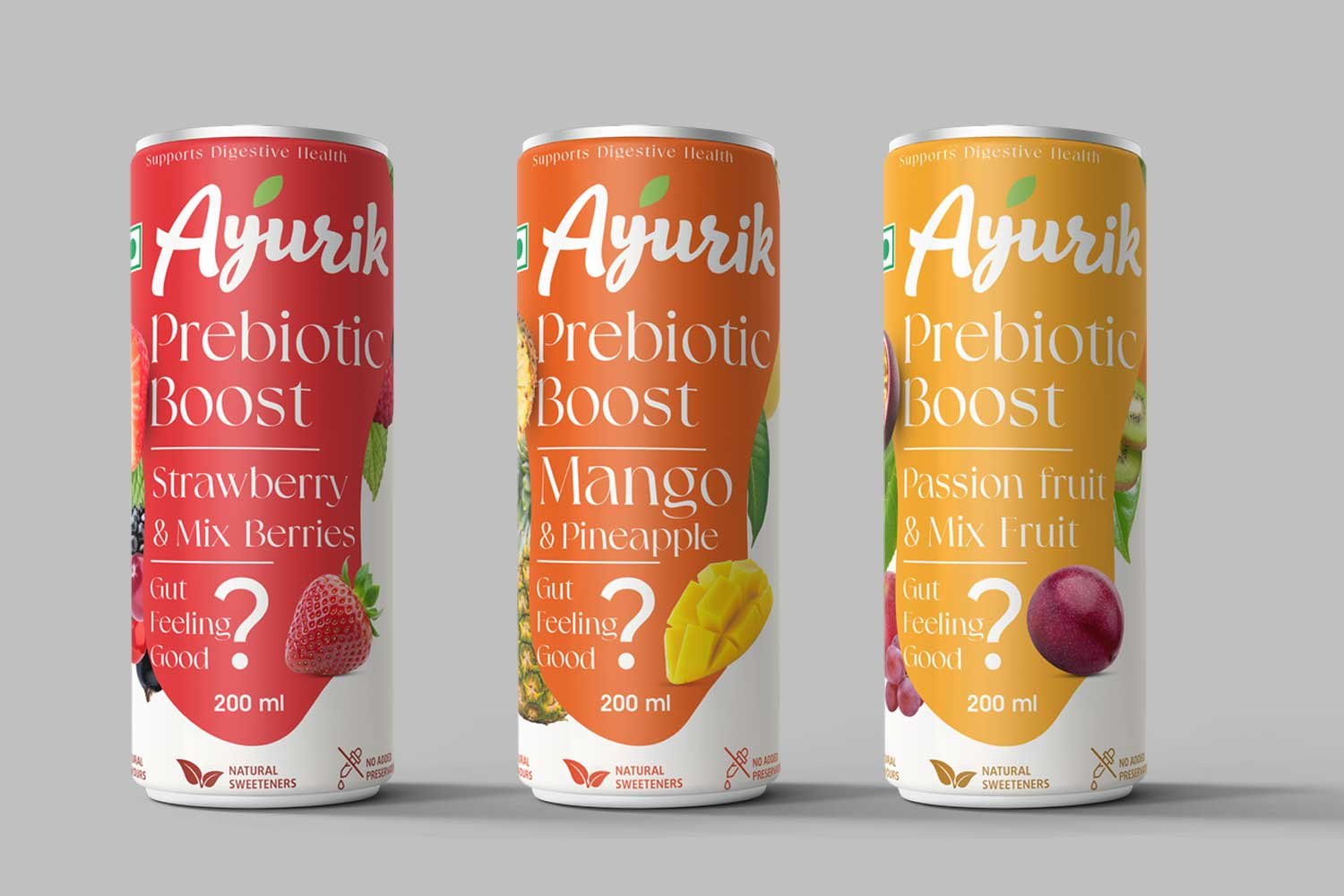
Fiber Based Energy Drink

Whey Protein Isolate

Sauces & Mayonnaise
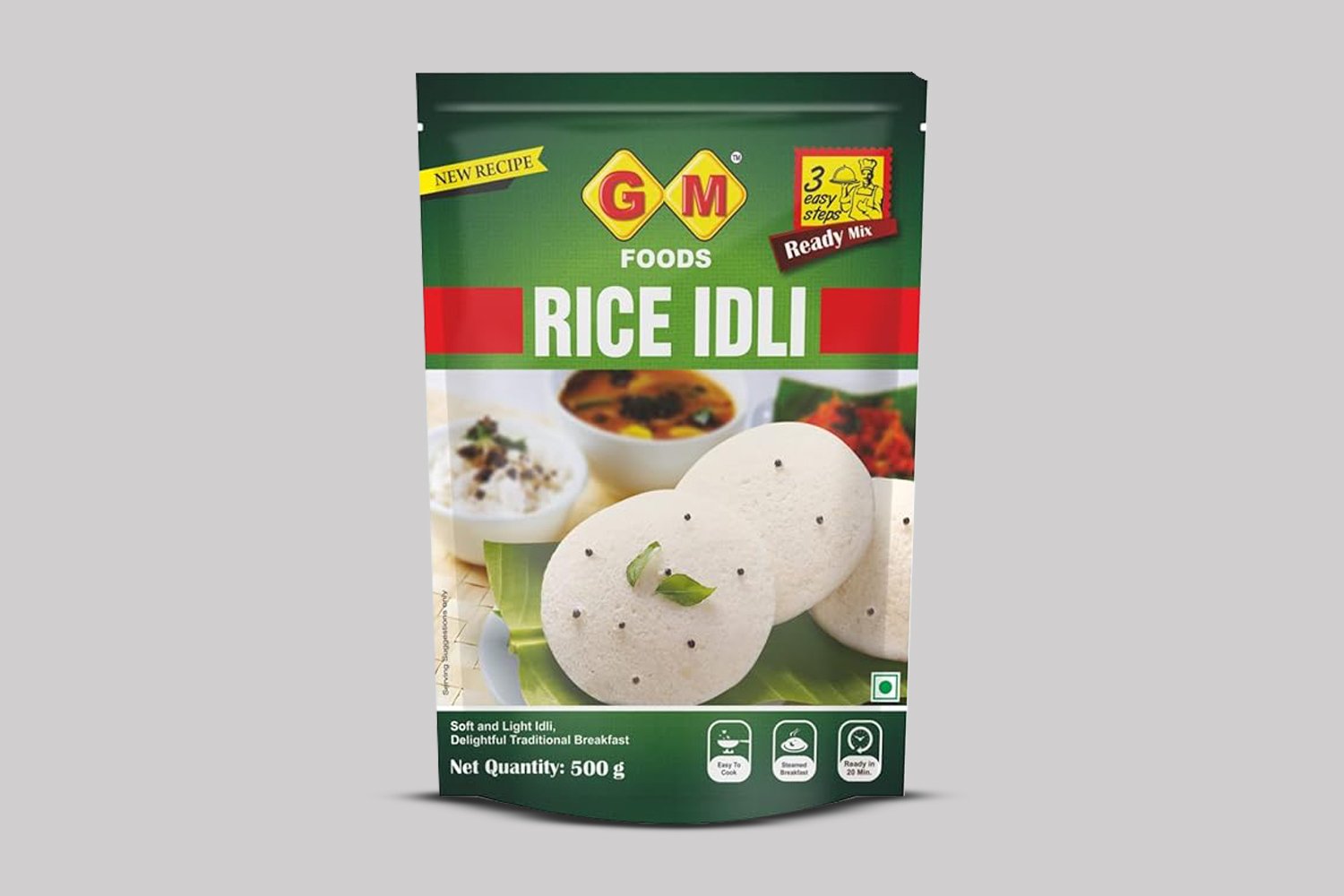
Rice Idli Premix
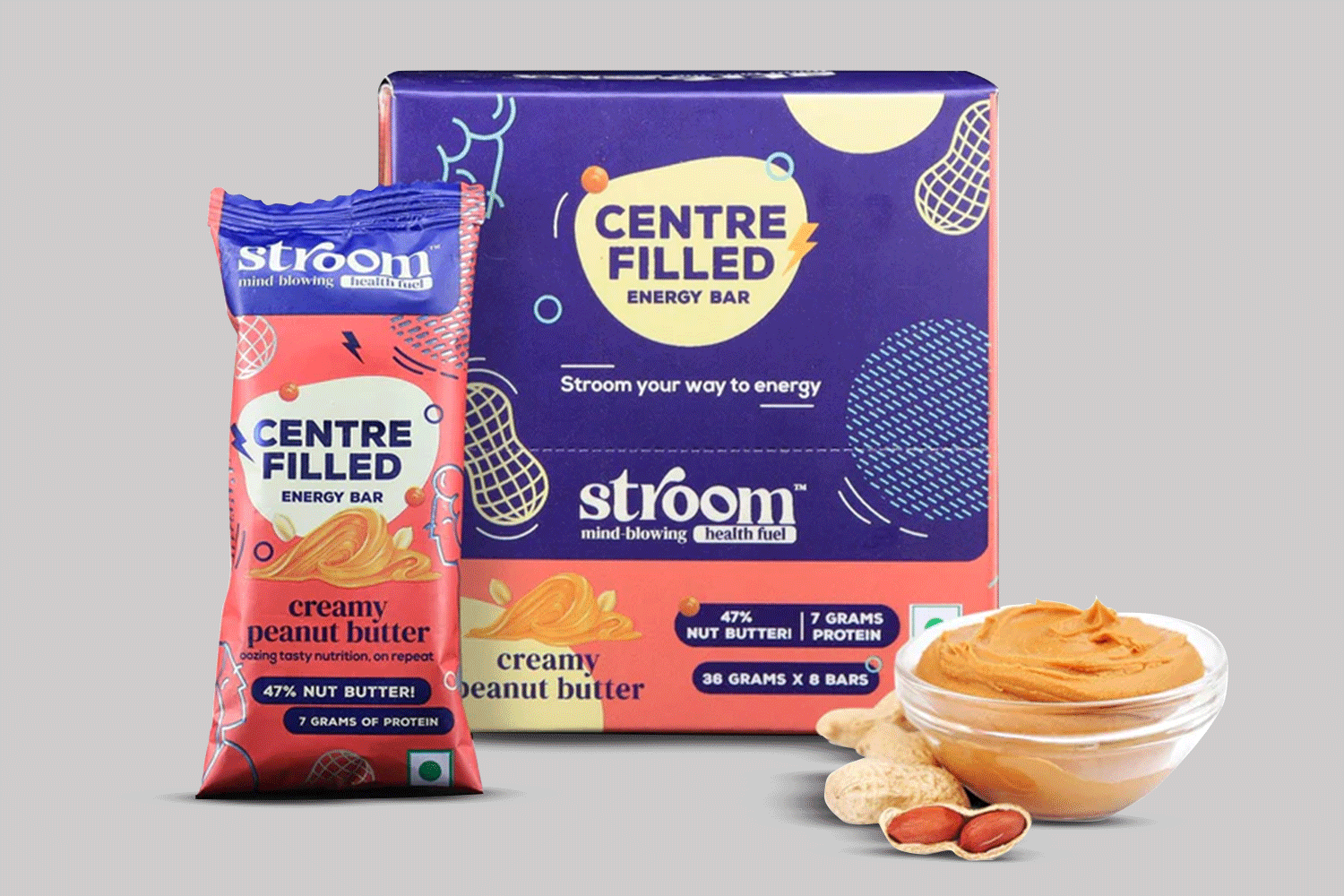
Energy Bar

Moong Dal Halwa Premix
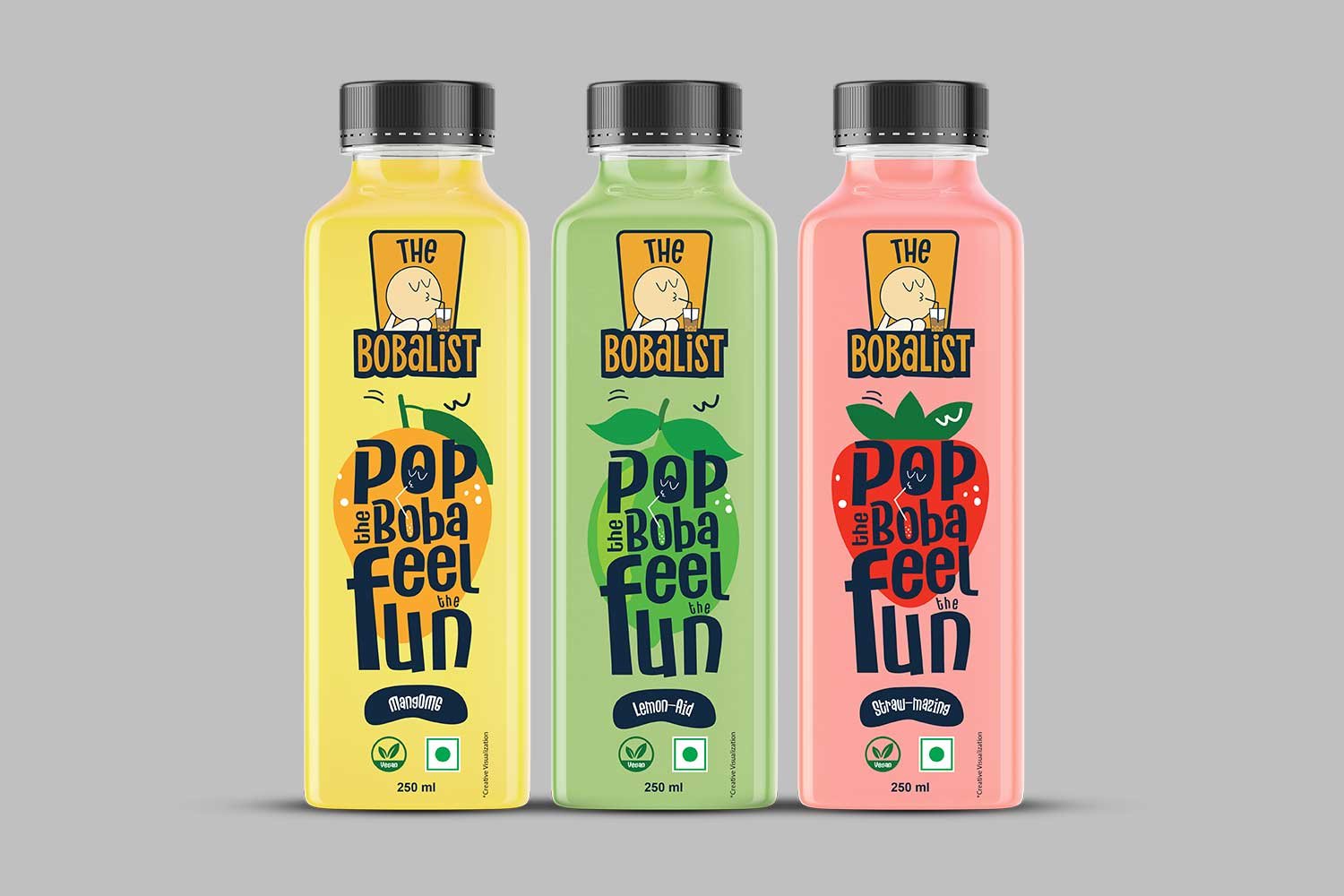
Popping Boba Juice

Breakfast Essentials
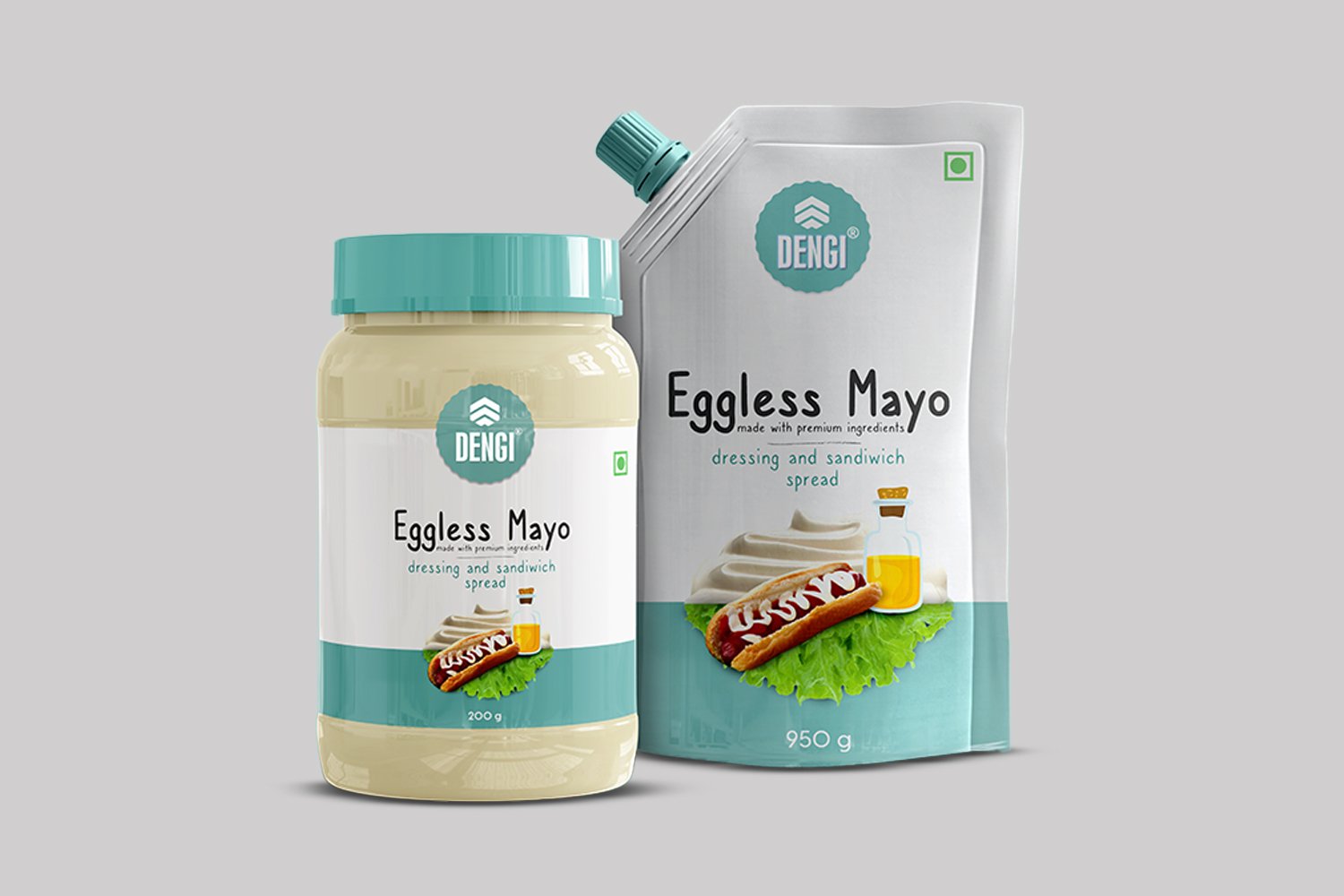
Eggless Mayonnaise

Caffeinated Energy Drink

Milk Shake Premix
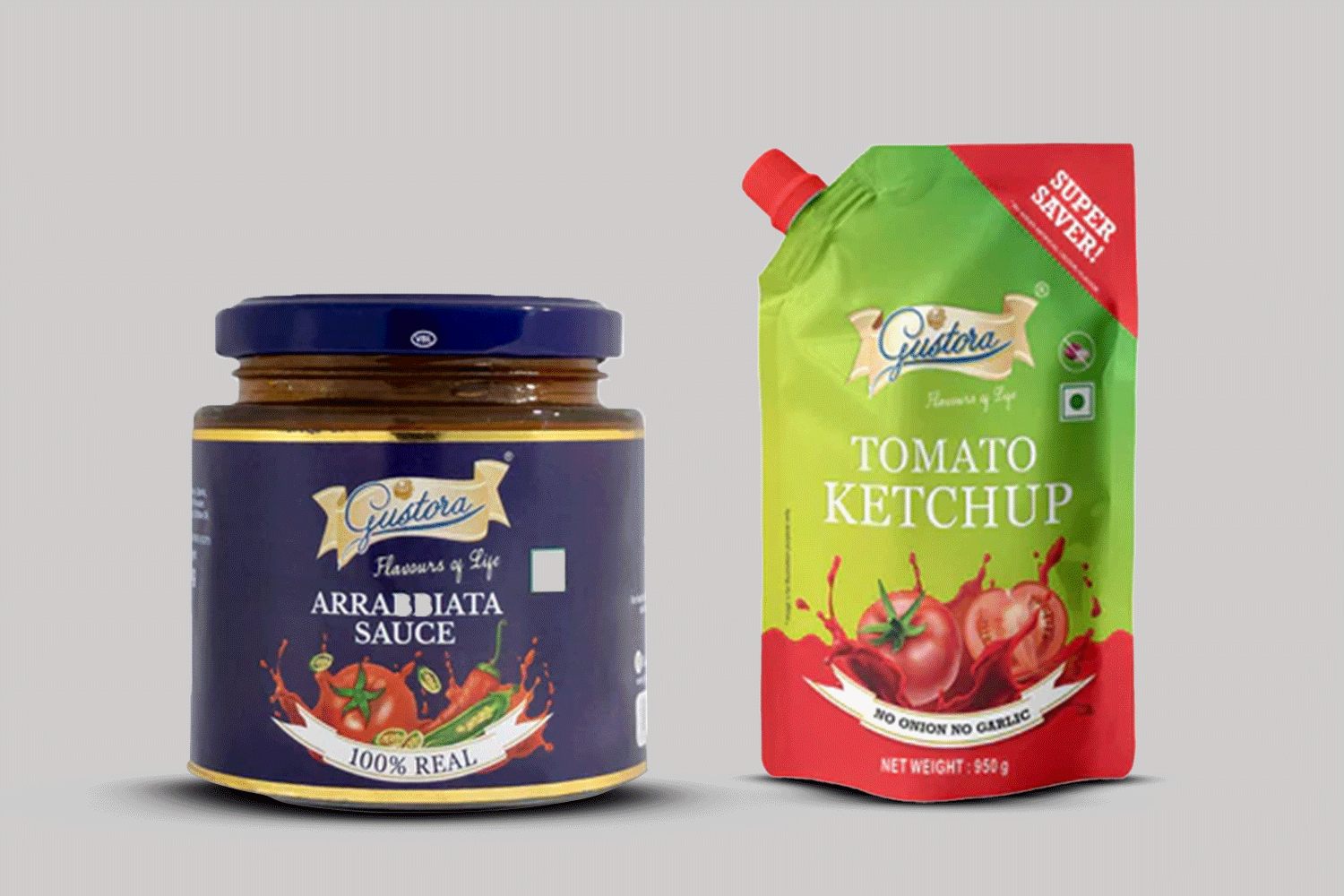
Ketchup & Sauce
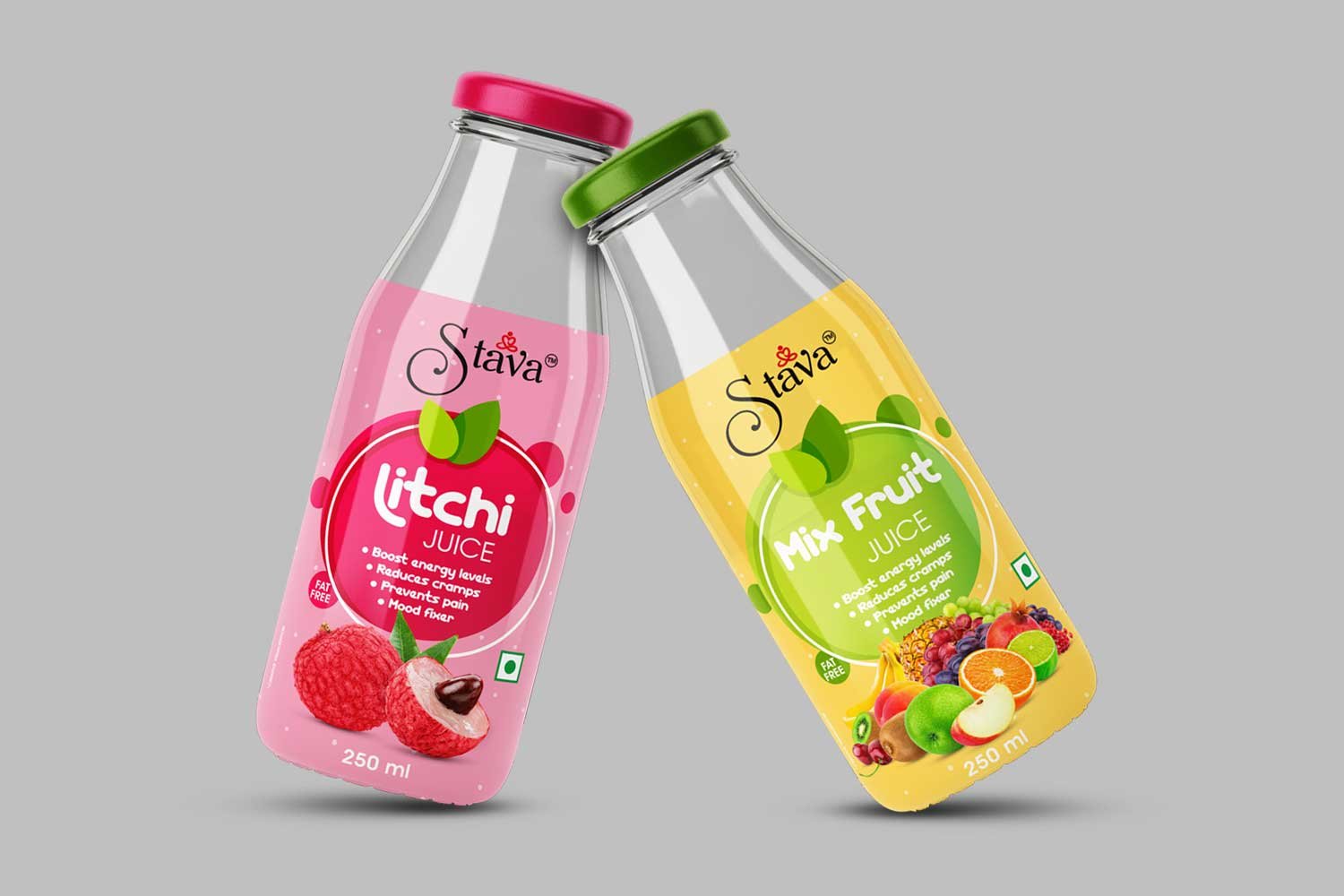
Functional Fruit Juice
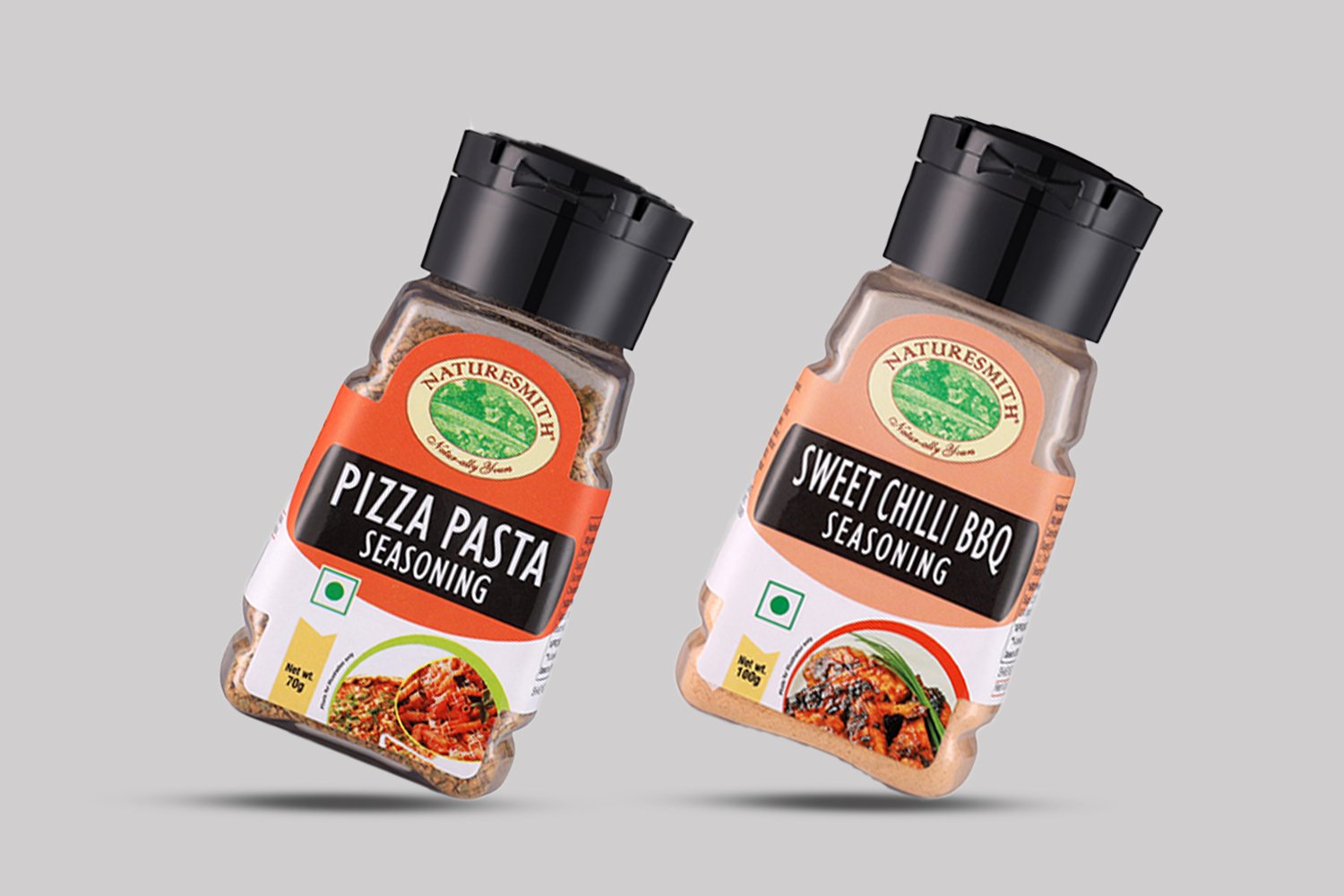
Seasoning
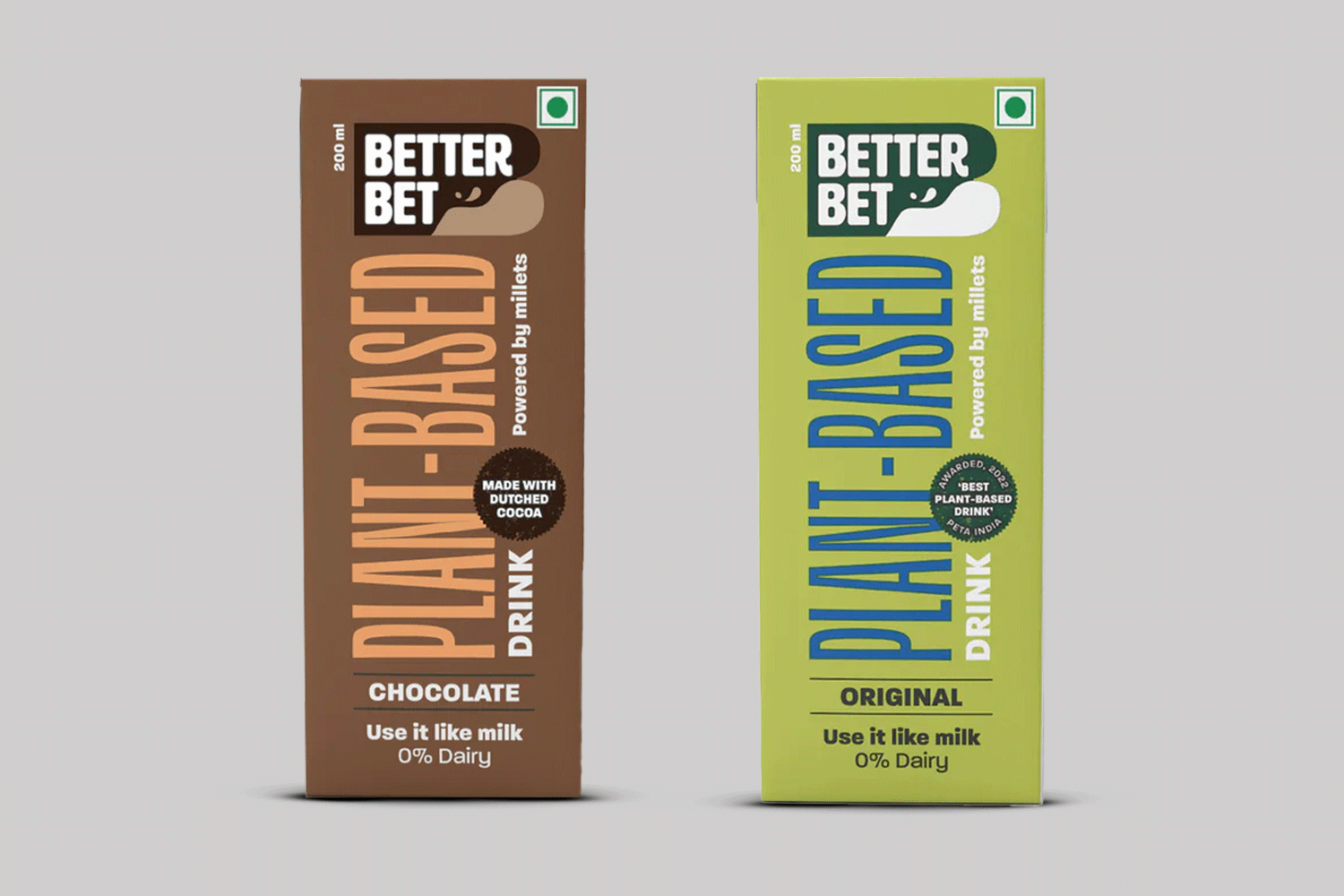
Plant Base Drink
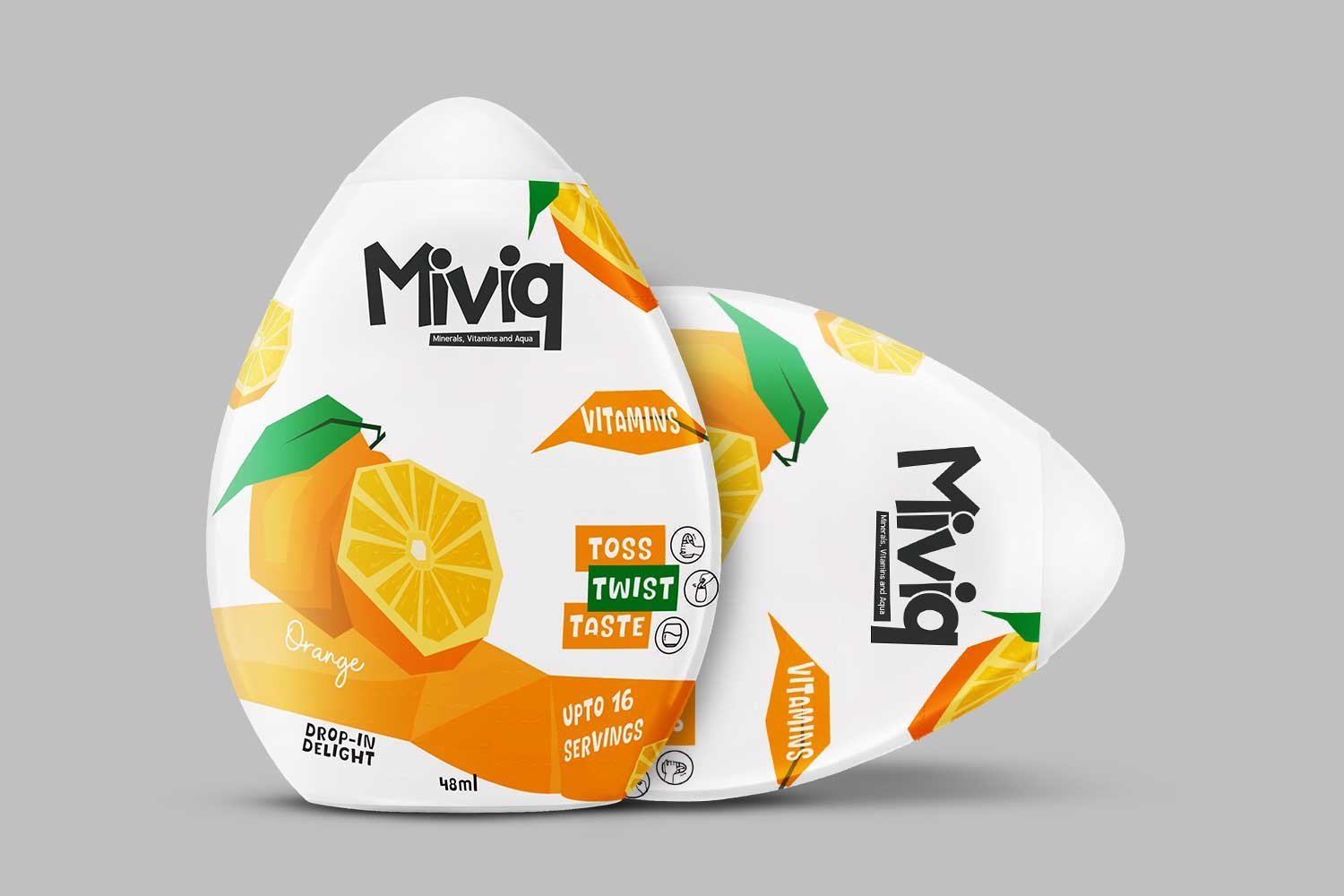
Water Enhancer
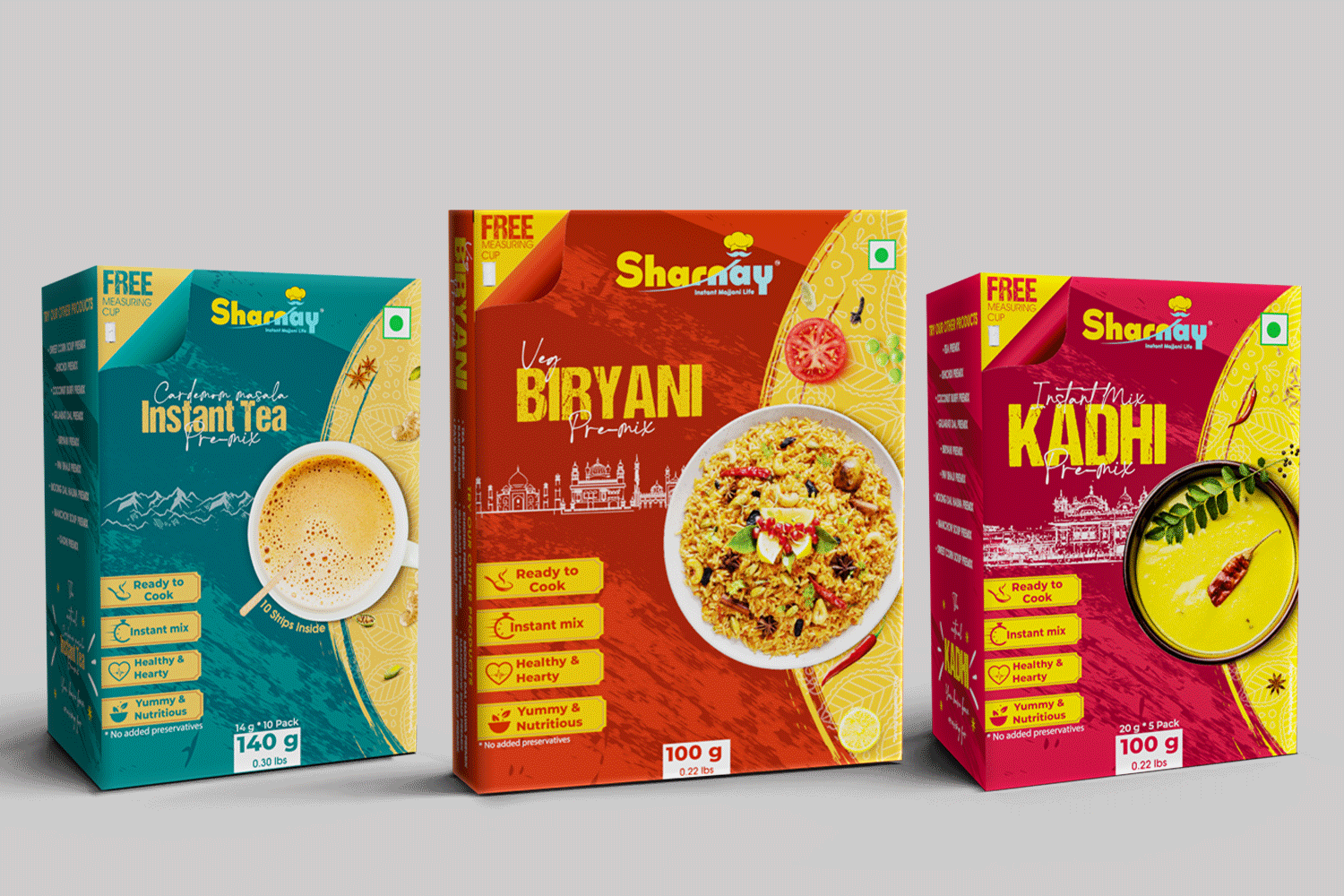
Instant Kadhi, Biryani & Tea

Noodles & Banana Chips
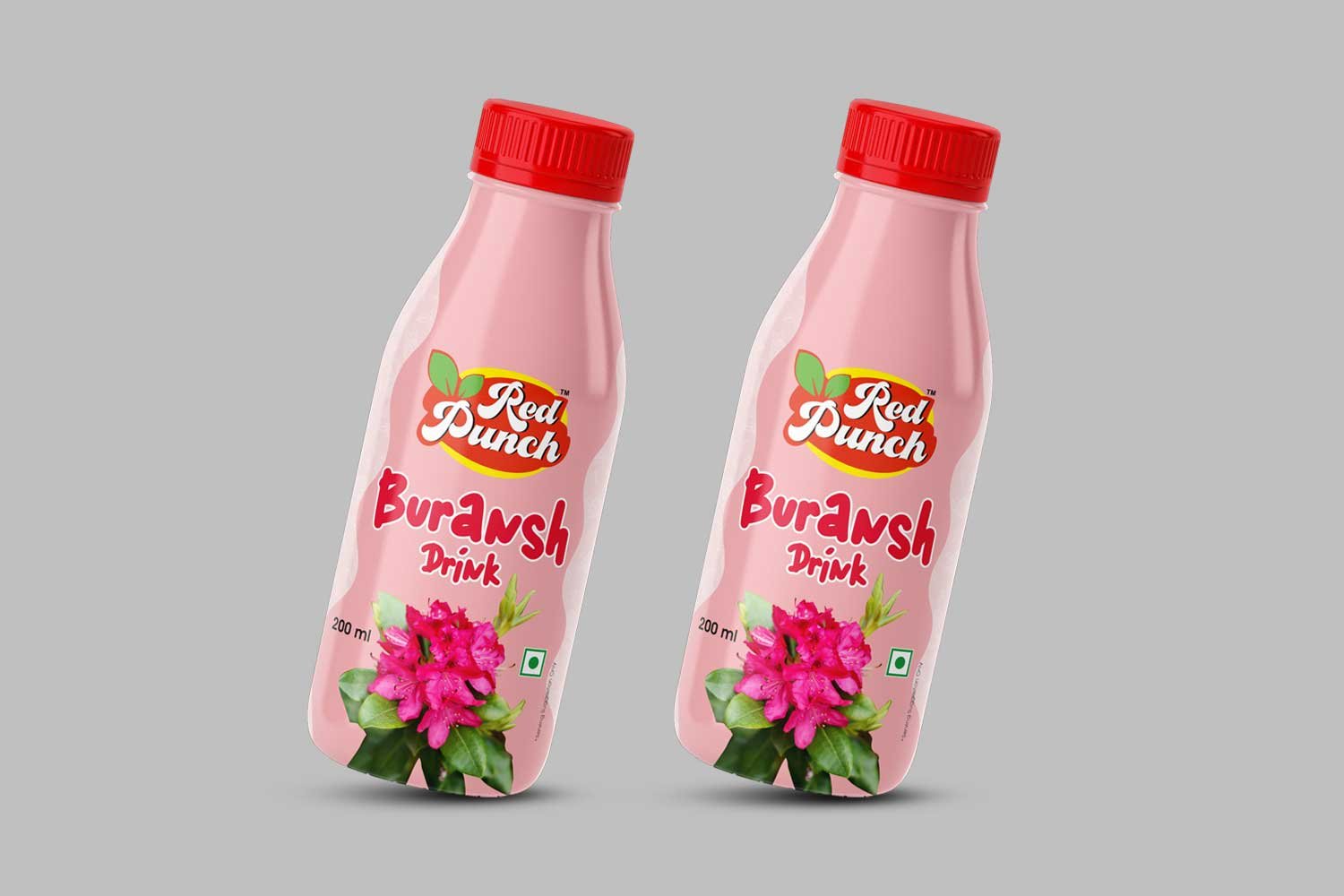
Buransh Juice
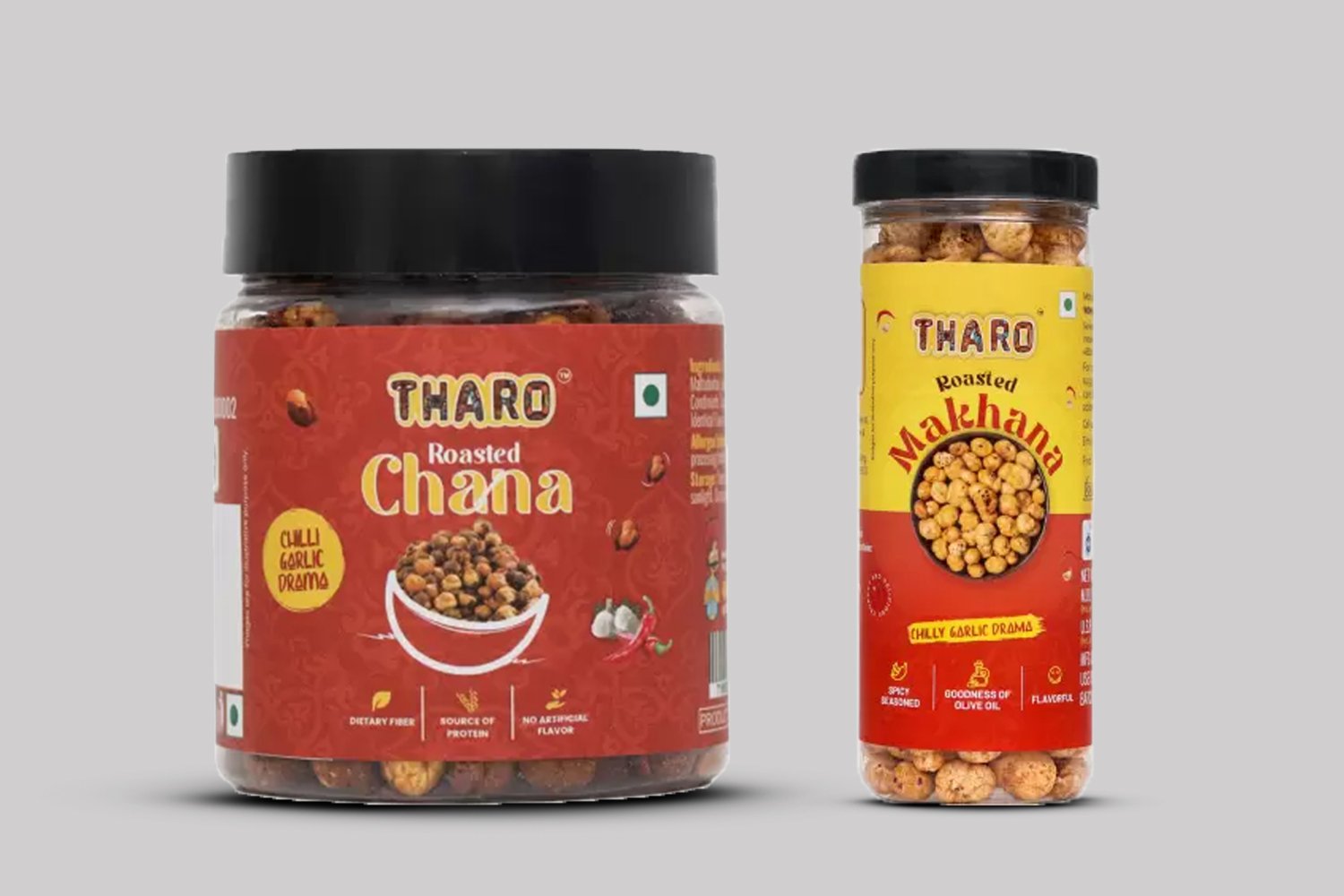
Roasted Chana & Makhana
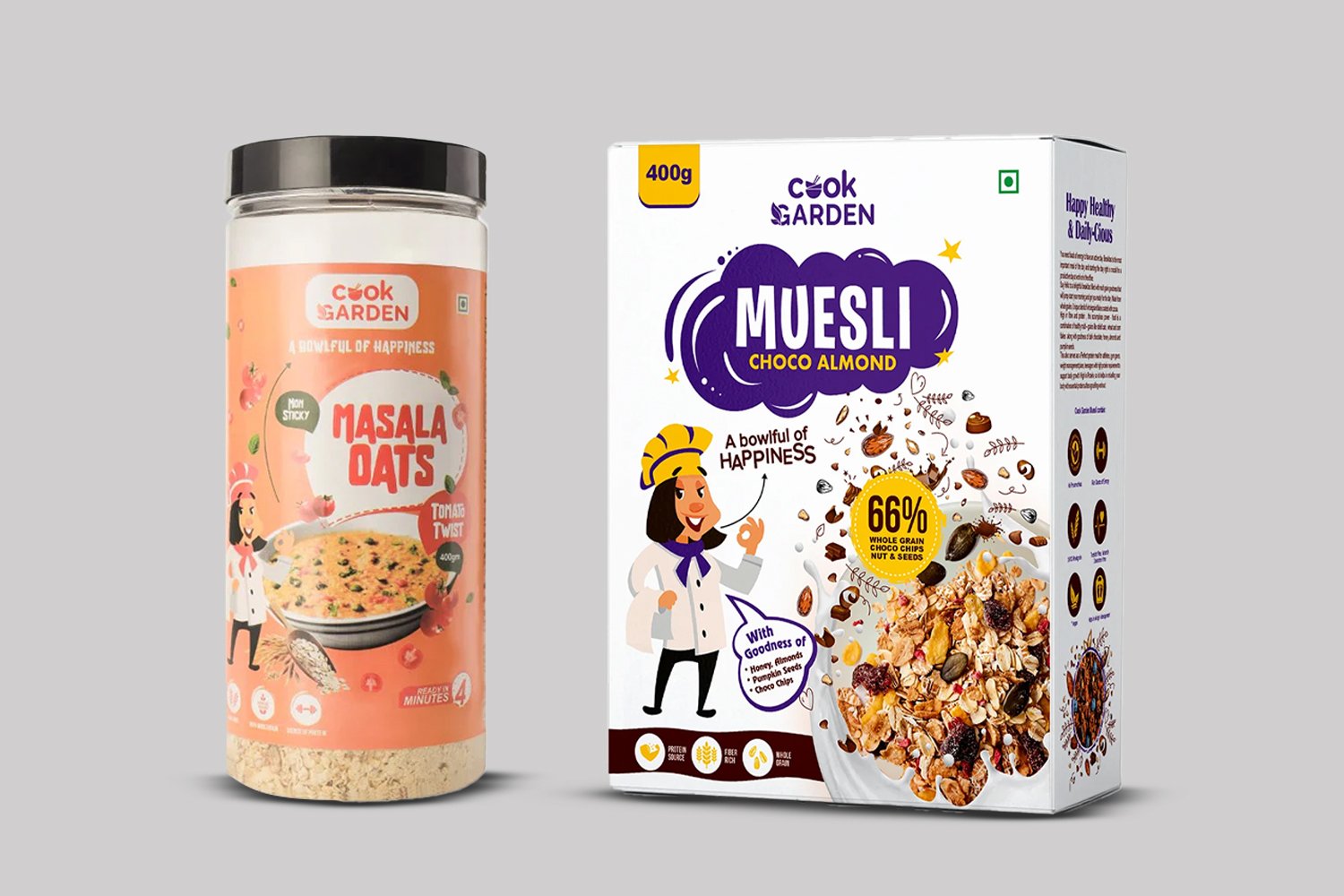
Masala Oats & Muesli
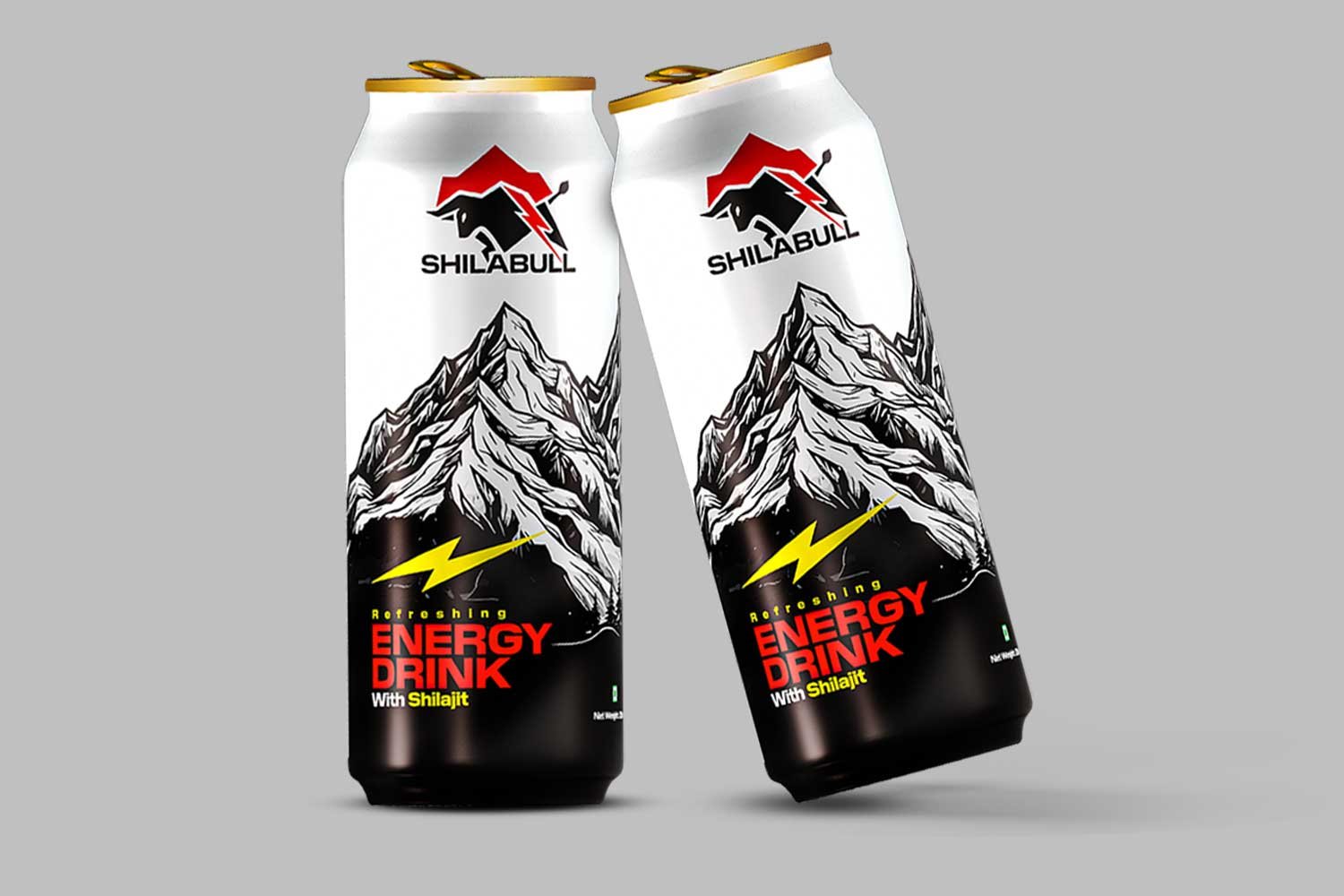
Shilajit Energy Drink

Eggless Mayonnaise & Tomato Ketchup
Feel Free To Reach Us Anytime
Contact Us
If you need the right assistance for your imminent projects, it’s just one step away.

















































